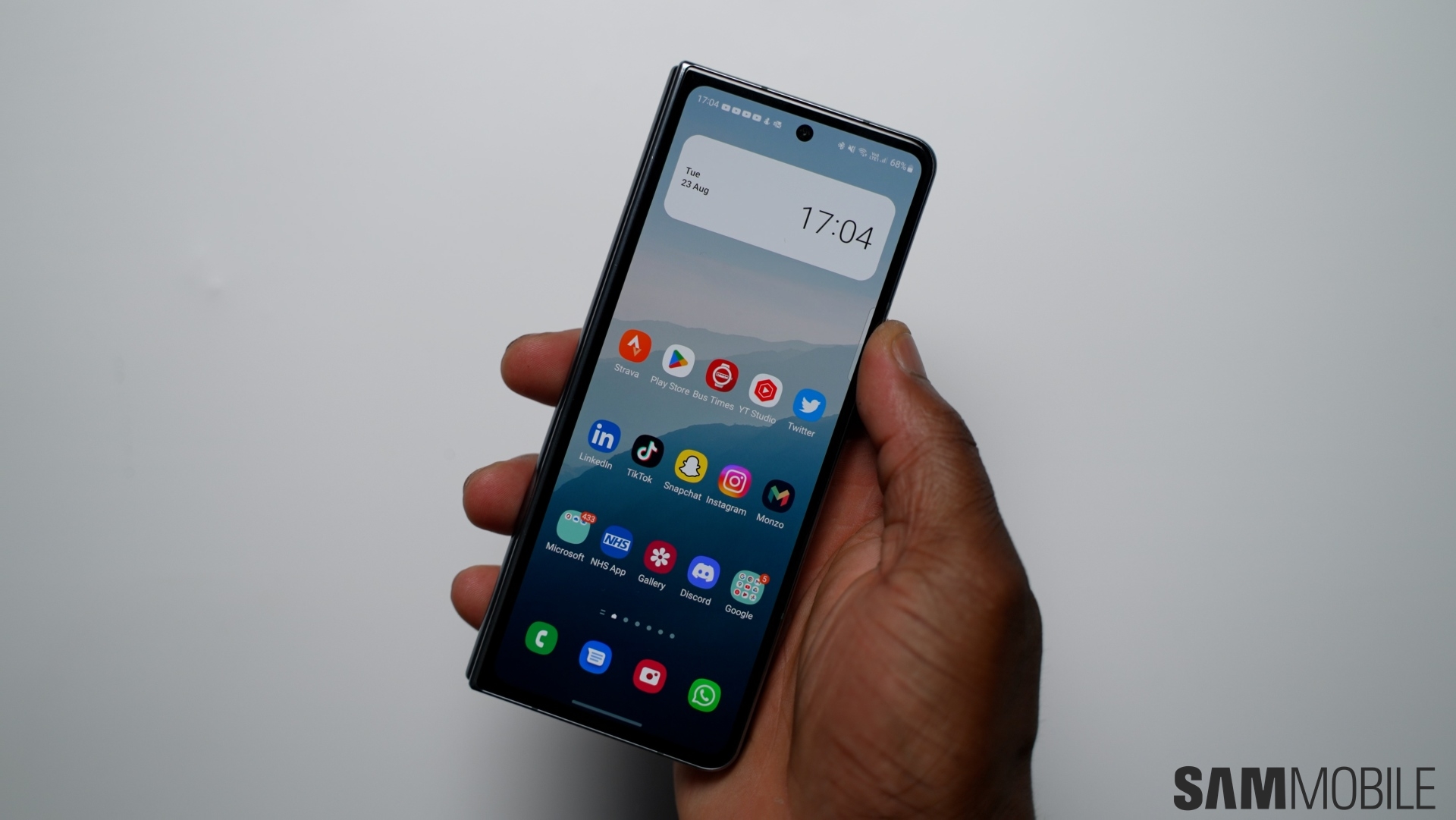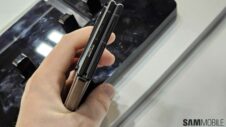Samsung hasn't bothered with co-branding opportunities for its Galaxy phones. There are plenty of manufacturers who hop on the brand equity of a well-established partner to make their devices appear different. It was rumored for the longest time last year that the Galaxy S22 may feature an Olympus-branded camera setup. For those who are unaware, Olympus is one of the world's leading manufacturers of professional-grade cameras.
A handful of Chinese manufacturers are already doing this. OnePlus teamed up with Hasselblad for the OnePlus 9 series. Vivo partnered with Carl Zeiss while Huawei has had a long association with Leica. Samsung hasn't bothered with any of this. Perhaps the company feels that its camera setup is good enough on its own, at least compared to these Chinese OEMs, that it doesn't need to piggyback on their brand equity.
Samsung is well aware of the fact that making a good product is just one part of the equation. Effective marketing is just as important, if not more. The messaging around a new product needs to be robust and enticing enough to get customers to open their wallets. The Chinese OEMs have found that their partnerships with major camera manufacturers are achieving the intended objective of getting people interested in their devices.
The lure of a big brand name is enough to draw people in and once they're interested, the device ideally offers enough value at an attractive price to get them to make a purchase. That's why those partnerships are going strong. If they weren't working, the OEMs wouldn't have been paying a premium to those brands.
One can certainly make the argument that Samsung doesn't stand to gain much by slapping a camera manufacturer's logo on its flagship phones. It may also have to do with the fact that Samsung considers itself to be out of the league of these Chinese manufacturers. The company may view Apple as its sole competitor in the flagship segment. Based on what we know about Apple, there's a better chance of hell freezing over than Apple putting a third-party brand on the iPhone's cameras.
Much like Apple, Samsung simply wouldn't feel the need to cheapen its own brand value by pursuing a similar partnership. However, the company can leverage its ownership of premium audio brands to achieve the same outcome without having to rely on a third-party. Some of you may remember that Samsung bought Harman International in 2016. This gave Samsung ownership of premium audio brands including Bang & Olufsen, JBL, AKG, Harmon Kardon, and more.
The company has made limited use of these premium brands for its mobile devices. It initially made a big deal of shipping AKG-tuned earphones with the Galaxy S8 however, the company doesn't really play up the brand any more. Even recent tablets like the Galaxy Tab S8 Ultra feature AKG-tuned speakers, but you won't find the company leaning into the brand at any considerable length. At best, the AKG element gets mentioned in passing.
An argument can be made that Samsung should better utilize its premium audio brands. High-end flagships from the Galaxy S and Galaxy Z series should boast Bang & Olufsen or Harmon Kardon-tuned speakers. JBL is a popular global audio brand and would work best for the Galaxy A series. AKG has significant brand recognition as well and could fit other devices in Samsung's broad lineup.
These partnerships should ideally be more than just in name only. It's quite likely that the teams at Bang & Olufsen and Harmon Kardon can help improve the audio quality on Samsung's flagship devices. With technological advancements already being fairly limited on every new generation of devices, a more premium audio experience may also help these expensive devices stand apart from the competition.
Lastly, there's no harm in Samsung pursuing this approach since it won't be seeing as using a third-party brand to prop up its own devices. Samsung owns some of the world's best audio brands free and clear. Why shouldn't it leverage them to make its flagship devices more unique?







